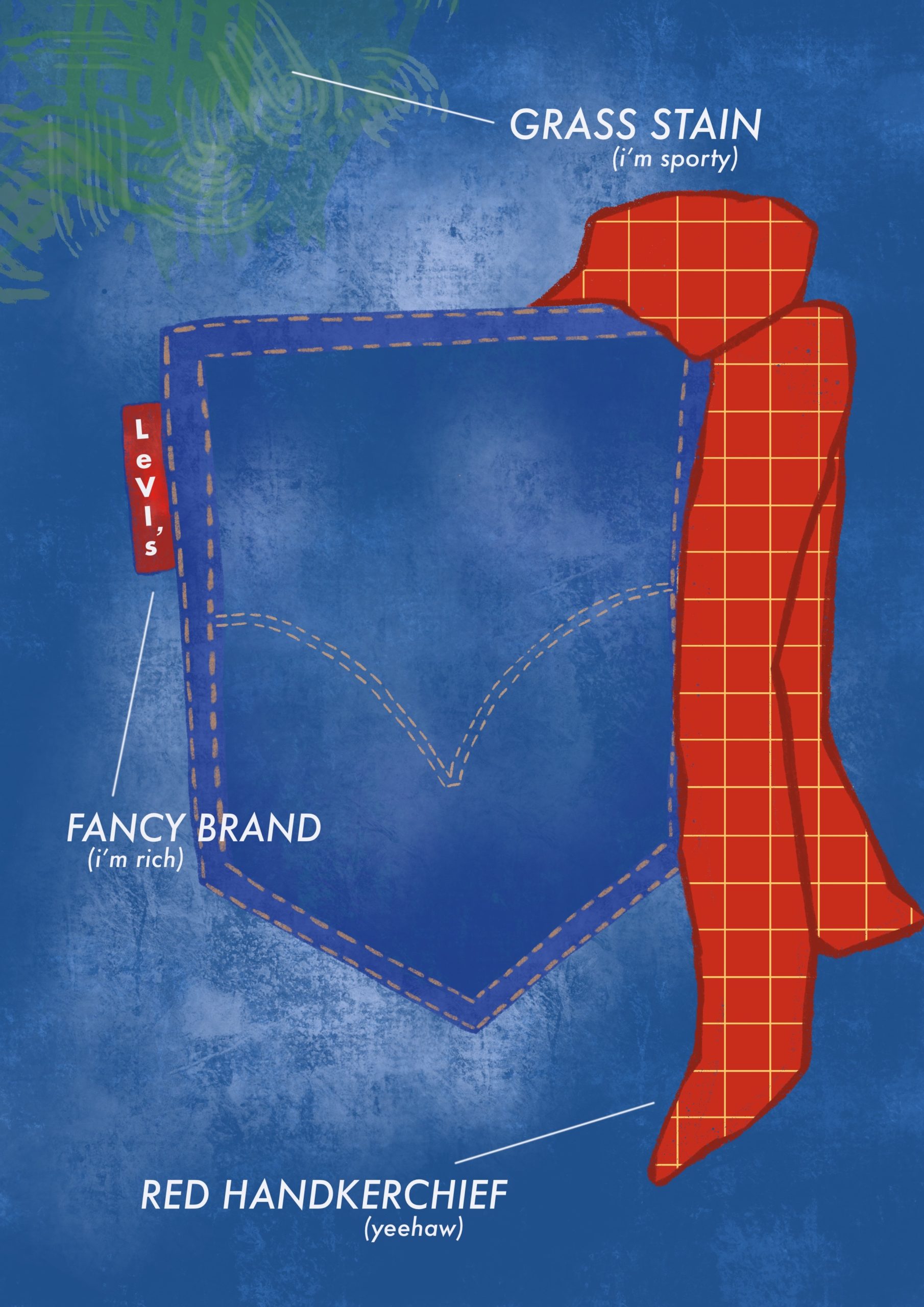[Written by Ella Field]
[Image Credits: David Morley]
In the past 100 years, advances in technology, social tolerance and globalisation have seen the range of garments and styles available to consumers explode. Whether you consider yourself a bit of a fashionista or someone who professes to not care about the clothes you wear, the bottom line is that when we buy an item of clothing and put it on, we make a choice. You could spend hours deliberating in the mirror over this choice, or you could chuck on the first thing you see, but these choices ultimately reflect who we are, regardless of how much we deliberate over them. As far as our selections go in expressing our personality and individuality, clothing reflects the way we want to feel and the way we want to be seen. In an increasingly visually orientated world, where images dominate marketing and advertising on platforms like Instagram, choices about how we present ourselves externally have considerable gravity in the identity we curate for ourselves.
Personally, I am someone who has always enjoyed clothing as a form of self-expression. I am clear about the looks I find pleasing and the kind of clothes I feel comfortable in; comfortable for me in terms of style is a mix of physical but also psychological comfort. Feeling at ease psychologically in my outfit can often take precedence over physical ease as, for better or worse, my appearance is tied to my sense of identity and confidence. If I feel like an outfit does not suit me or project an image consistent with the person I feel I am, I will be much more prone to insecurity and self-doubt while wearing the outfit. Whilst I have always been transparent about what my preferences are, what I like to wear and what makes me feel like “me”, I never put too much thought into the way fashion affects social situations and prejudices until starting university.
Being a fresher, the search to find “your people” amongst the thousands around you presents quite a unique social phenomenon. Unlike other situations, like work, school or clubs, a university campus offers a much larger pool of people to socialise with. Most often, friendships form due to circumstance; perhaps you work the same shift or you’re in the same sports team. Of course, this element of circumstance and chance still applies at university but, in the least crude way, a campus offers much more opportunity for one to “pick and choose” friends according to who you perceive to be similar to you.
What I noticed starting university, which I had never noticed so explicitly before, were friendships forming with distinct mutual styles. I also observed myself as more likely to approach someone in a busy lecture hall or a society if I appreciated their style or recognised it as being similar to my own. For me, there is a duality with this. On the one hand, I think to overemphasise the importance of style when making friends is to be superficial. How you present yourself externally does reflect who you are internally, but only to a certain extent. To limit yourself in nurturing friendships with only those who please you aesthetically can lead to missing out on meaningful, genuine and unexpected friendships. This being said, I do understand that style is a code of self-expression and when there are thousands of people around, using style is a quick, and often an effective and efficient way to decipher who we have commonality with.
Since being at university this has fascinated me, and I have tried to be conscious of being overly superficial or aesthetically driven, but alas most of my friends have a style not too dissimilar from my own. I wonder whether this is because people who present themselves in a way that appeals to me genuinely have more in common with me, or whether I have just given more time to people whose style I’ve liked on first impression. My guess would be a healthy mixture of both. Style is undeniably important socially, it is an amazing tool for self-expression and developing a sense of identity. However, we should be careful of attributing too much importance to style, as abiding by our prejudices and superficial tendencies can lead to unnecessary tribalism and social decisions made for the wrong reasons.

